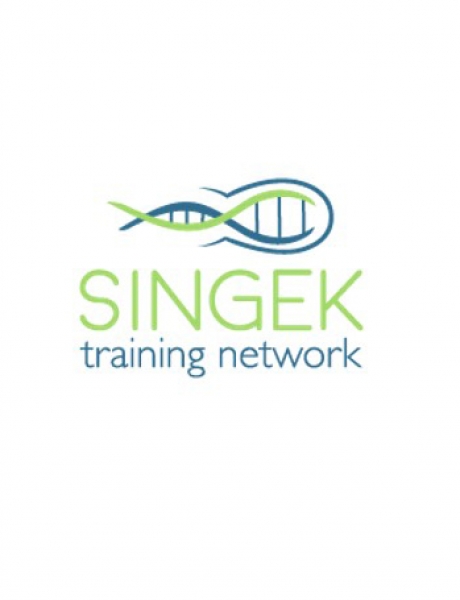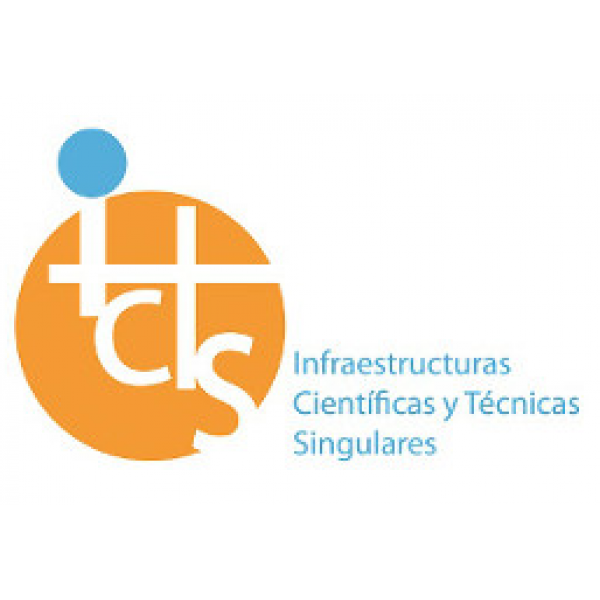
Microbial eukariotes cover the widest phylogenetic diversity in the eukaryotic tree of life and are essential components of all Earth’s ecosystems. Paradoxically, they remain large unknown, hiding a wealth of genes and genomes that are key to understand the ecology and evolution of microbial ecosystems.
SINGEK (Promoting SINgle Cell GEnomics to explore the ecology and evolution of hidden microeuKaryotes) is a H2020 Marie-Sklodowska-Curie Innovative Training Network (MSCA-ITN) project aimed at providing a unique and structured training programme to 15 Early Stage Researchers (ESRs) to study microeukaryotes at the single-cell level. ESRs will be trained in the use of an array of laboratory methods, bioinformatics techniques, and will work on scientific questions in the field of microbial ecology and evolution in order to investigate microeukaryotes in unparalleled detail. SINGEK will be conducted over four years (until December 2019).
The project involves international reference centres as the Institute of Marine Sciences (ICM-CSIC) and the Institute of Evolutionary Biology (CSIC-UPF) in Barcelona, the Uppsala University (UU) in Sweden, the Observatoire Oceanologique de Banyuls sur mer (OBS Banyuls-CNRS) in France and the University of Exeter (UNEXE) in the UK, among others.
The role of the CNAG-CRG
The CNAG-CRG is the host institution in the project ESR 6 called Development of methodology for single cell organism genome analysis and supervised by the Director of the center and Biomedical Genomics group leader Ivo Gut.
Much improvement and technical quality checks are still needed to reach the full potential of SCG for microbial eukaryotes, especially along critical steps of high-throughput sequencing and preliminary bioinformatic analysis. Indeed, eukaryotes have much more complex genomes than prokaryotes, and optimal solutions for all these steps are fundamental to obtain meaningful genome assemblies that can be readily exploited for addressing unsolved scientific questions. The main objective of this ESR is the establishment of methodology for single cell whole organism genome characterization.
This will consist of implementing the best laboratory procedures for single cell handling, isolation by Fluorescence Activated Cell sorting directly into microtitre plates, lysis procedures, improving DNA accessibility, DNA amplification, RNA handling, library preparation, process automation, sequencing, process quality control, and data analysis procedures for do novo assembly of the obtained genomes. All these steps still need fine refining, and all of them are fundamental for a good success of the methods and science proposed in SINGEK.
More information
SINGEK website










